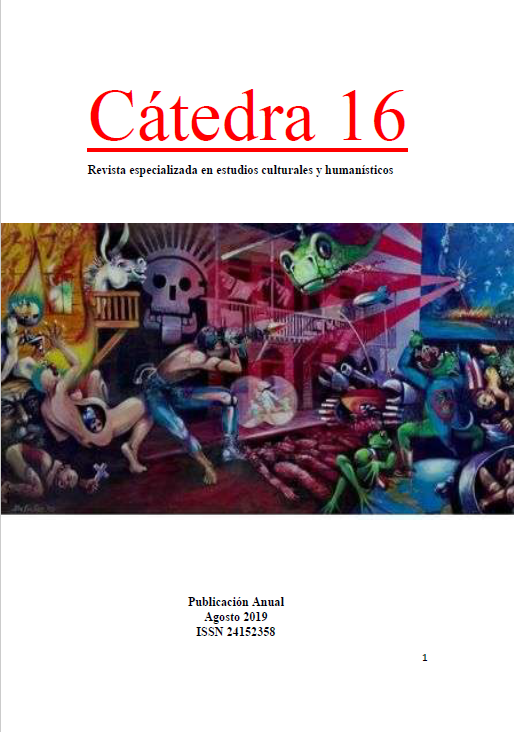

At present, it is difficult to understand what constitutes and moves the people. What has changed in the political, social and cultural scene, which today complicates understanding the popular will? This article deals with this issue and seeks to deliver an answer, important for the development of democratic coexistence. The great transformations experienced by modern society, in all its areas and, in real time, fracture, move and tense structures and social relations, in which the individual and social groups try to build their human trajectories: some win and others they lose in globalization that devastates traditional senses and identities. All this deeply affects the configuration of the town. Politics also suffers a strong disaffection that spoils it and reduces it in importance. The fragmented people will continue to change in their diversity, making the understanding and convening of politics and ruling elites increasingly complex. We live in a century, characterized by the emergence of the power of information, knowledge, artificial intelligence, science and climate change. Simultaneously, we witness the emergence of a new human subjectivity and citizen social movements, especially feminine, workers, ethnic, socioecological and global.